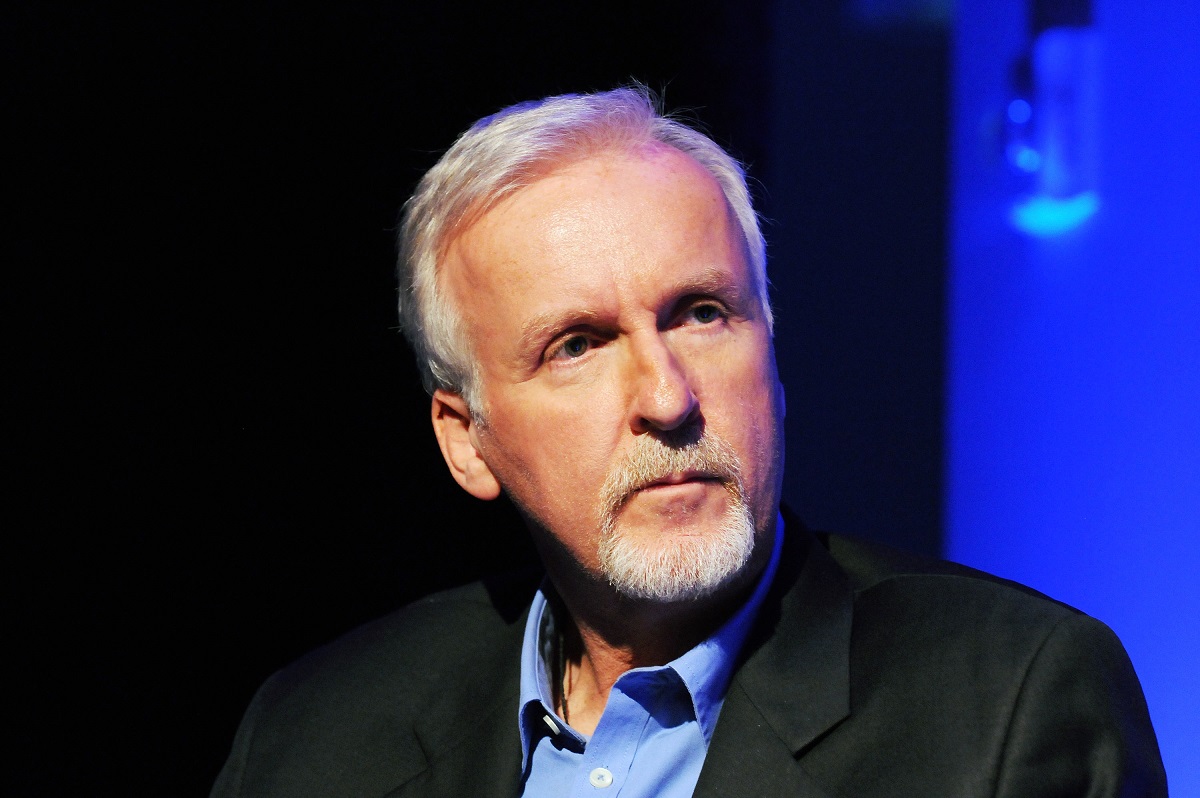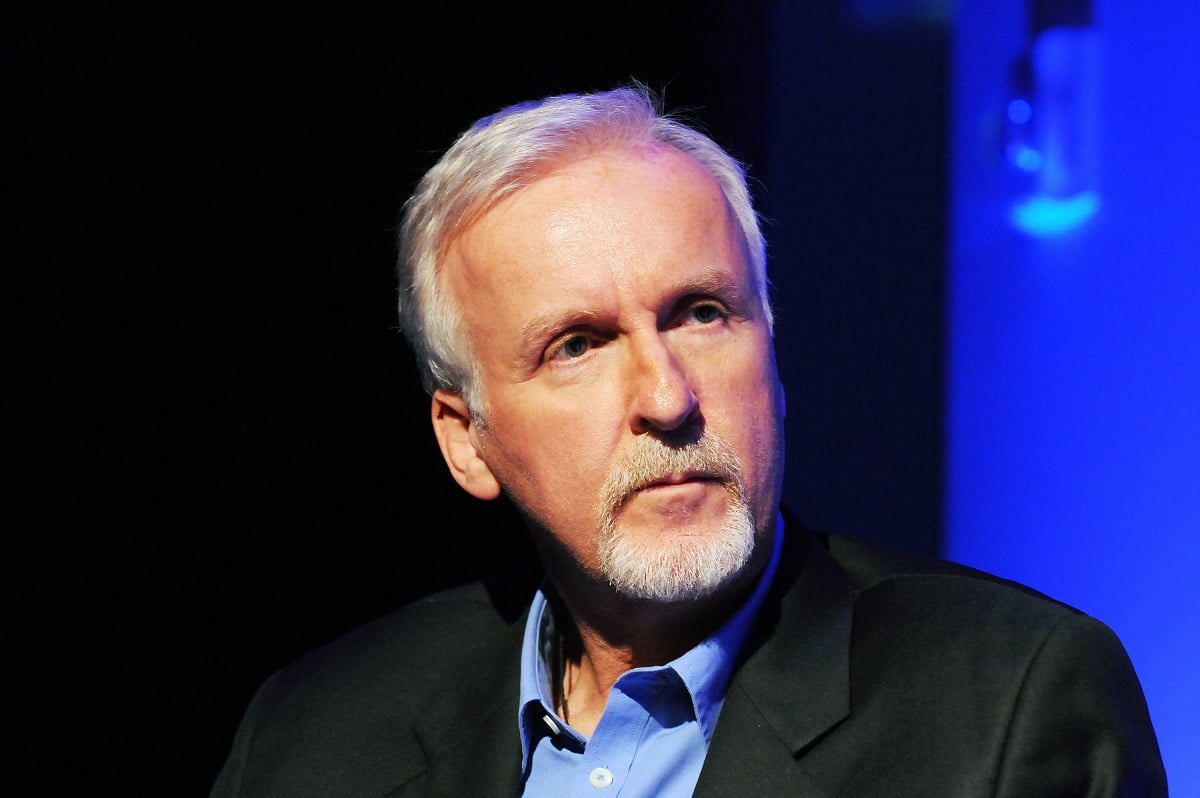
James Cameron Once Revealed How ‘Titanic’ Was a Metaphor for the End of the World
Filmmaker James Cameron touched on many topics and themes with his movie Titanic. But apart from covering history, Cameron felt the film contained many important messages about the present and future.
James Cameron has felt an apocalyptic dread ever since he was a kid

Cameron once confided that he’d always felt the world was in some kind of danger. Because of this, many of his films sometimes reflect the jeopardy the planet could potentially find itself in. For instance, he once told NBC he felt Avatar could bring more awareness to the issue of climate change. His Terminator films also showed humanity on the brink of extinction thanks to artificial intelligence.
But Cameron himself didn’t quite believe in a few apocalyptic scenarios despite being conscious of the possibilities since his childhood.
“Look, I’ve felt an apocalyptic dread since I was a kid during the Cuban missile crisis and my dad had pamphlets on the table about building bomb shelters. But I don’t necessarily believe there’s going to be a big one,” he once told The New York Times.
James Cameron believed that ‘Titanic’ was a metaphor for the end of the world
Titanic was based on the sinking of the real-life Titanic in 1912. But the film might have been more than Cameron’s creative and fictional re-telling of a historical event. Cameron felt his record-breaking film touched on issues relevant to the 21st century.
“I think we’re facing a century of adversity on a global scale because we’re just going past all of nature’s boundaries for how we create food and how we create energy,” Cameron once told Bang Showbiz (via Contact Music).
Like the Titanic ship itself, Cameron felt people were in danger of sinking with a planet due to a lack of action.
“This is the century where we’re either going to figure it out and get our s*** together as a species or we’re going down. The Titanic metaphor is there. We’ve been warned, the iceberg is right in front of us and we just can’t seem to turn this big b**** of a ship fast enough not to hit it,” he said.
Cameron felt that there were steps that needed to be taken in order to turn things around. And if these changes weren’t made, ramifications would be felt for years to come.
“We’ve got to make the money, we’ve got to make the GDP, we’ve got to turn the economy around. So let’s just turn a blind eye to the environment, to the ocean, to carbon pollution. This legacy that we’re going to pass on to our kids,” he added.
James Cameron didn’t think ‘Titanic’ would have the impact that it did
The Oscar-winner has a roster of memorable movies under his belt. But even among the successful films he’s made, Titanic still exceeded his expectations in a way his other films hadn’t.
“I think I thought it was going to be just like any other film that I’d made,” Cameron confided to Collider. “Like Aliens or Terminator or True Lies, I thought it would have its season in my life, and then it would fade away and wind up on a shelf.”
But Titanic proved to be a different animal.
“Titanic is not only endlessly fascinating, but it tends to suck you back in because there are so many unanswered questions,” he explained. “You feel like, ‘If we could have just done a little more on that expedition. If we could have just had one more dive. If our vehicle wouldn’t have failed at a critical moment, we would have gotten into that last corner, or down into the boiler room.’ There’s always more to learn at the wreck site, even now, even after we’ve surveyed about 60% of the interior of the ship with our robotics and learned a tremendous amount.”


